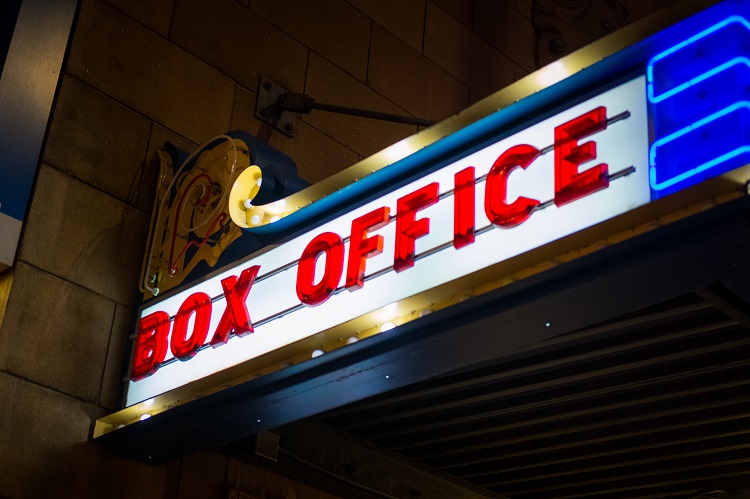The Future of Liberalism: Christian Perspectives on the Sustainability of the Liberal Order
A compilation of essays written by Kevin Brown, Steven Clements, Sarah Estelle, Darren Guerra, John Lunn, and Steven McMullen
READ THE FULL TEXT
FOREWORD:
The United States, and the West broadly, have experienced a period of peace and prosperity under the modern liberal order that is unparalleled in human history. And yet, liberalism has increasingly come under fire from critics, including many Christians, receiving blame for growing political, social, and economic inequality; crumbling families and communities; emptying churches; ongoing moral decadence in the form of consumerism, materialism, and hedonism; and more.
These issues are real and serious, and liberalism may indeed be a part of the problem. But I agree with Richard John Neuhaus, who, in a helpful essay on this subject, wrote, “Lest there be any misunderstanding, let me say that I find myself in warm agreement with the indictment of a certain kind of liberalism. The contention turns on what we mean by liberalism.”
By liberalism do we mean a totalizing philosophy of freedom or, should we say, license? Or is it merely structural—a political framework of limited government and individual liberties and an economic framework of free exchange?
The answer to this question is a fundamental starting point. If liberalism is an all-encompassing philosophical and ethical system of unrestraint and self-interest, it would seem to be antithetical to the Christian way of life, which values objective moral boundaries and selflessness. If not, then perhaps Christians can appreciate liberalism’s gifts, acknowledge its ills, and advocate for marginal political, economic, social, and moral reforms that attempt to further the former and rectify the latter.
Written by members of the Values & Capitalism Academic Network, the following essays take various approaches to these questions and come to different conclusions. In general, the authors are hopeful about the liberal order, though not uncritical of it. That alone is an important point. The discussion of liberalism’s demise has had one unequivocal benefit: the reminder that the uncritical triumphalism of any political, economic, or social ideology—yes, even liberalism—can be idolatrous. While defenders of liberalism can justifiably argue that it has not failed, they should never expect it to bring the true, lasting happiness and peace that we all desire. Only God can do that, and He has promised that He will, which gives us real hope.
Tyler Castle
Director, Values & Capitalism



